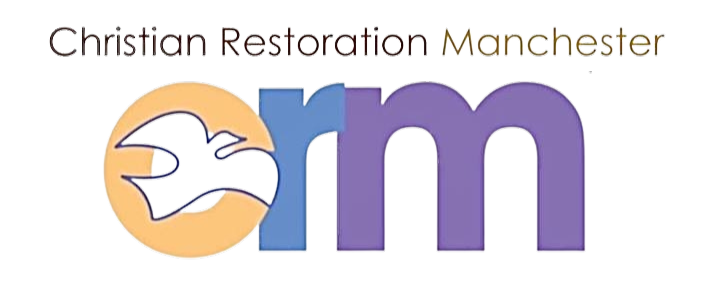
CRM is actively working with Asylum Seekers in Higher Blackley, and CRM is well known and
valued for our lived experience in issues affecting Black African people and is a key part of
the local community, which includes Ugandans, Nigerians, Kenyans, Zimbabweans,
Congolese and many more. We are meeting a gap and understanding the daily challenges
that racialised communities such as Black African asylum seekers and refugees face. We're
proud to offer a range of support networks through our projects and recognise that
marginalized Black African individuals often face language barriers, poor health, isolation,
poverty, lack of opportunities, and systemic issues.
We proactively reach and engage with people to address the inequity and racial injustice
they experience by actively consulting with the community we serve. Asylum seekers and
refugees are the most marginalised in society and these conversations have helped us to
develop gaps in service provision and various projects including a men’s group tackling
taboo issues such as mental health and domestic violence (with some asylum-seeking men
being the victims) to date a total of 14 Black African men have been assisted to access
appropriate cultural, practical and emotional support and as a direct result of this group
they now feel comfortable talking about these issues, their lived experience is valued, they
feel empowered and support others in their peer group.
We listen to parents and young people, especially those with dual heritage in our
community and act to find solutions to address the issues that they are experiencing. Knife
crime and the devastating impact it has on lives is a recurring issue and is never far from the
headlines. As a result of this CRM No More Knives Tour goes into high schools to show
young people there is another way. We partner with local churches combining music with
powerful stories and teaching.
We capture impact by completing personalised support plans with individuals, activity
attendance sheets and monitoring and evaluation forms to capture data, outcomes and
distance travelled for all our activities and projects.
We use our deep understanding of the barriers our community faces to drive meaningful
action. Our approach is proactive, evidence-based, and community-led, ensuring that the
change we strive for is impactful and enduring. We do not just respond to racial
injustice—we actively work to eradicate it.
• Advocacy – We work to influence policies and challenge systemic inequalities by
engaging with policymakers, submitting evidence-based reports, and supporting legal
challenges against discriminatory practices. For example, Our charity has actively advocated
to Manchester Council on food poverty, ensuring that racial equality is at the heart of policy
decisions, we highlighted how racial disparities impact food insecurity, with many asylum
seekers and refugees and those with no recourse to public funds (NRPF) face barriers such
as lack of culturally appropriate food, exclusion from mainstream support schemes, and
inadequate access to food banks.
• Partnerships – We work closely with Manchester City Council, Manchester Social
Services, Victory Outreach Substance Misuse Service, MACC and other faith, charitable and
grassroots organisations such as Sport England, Mama Health and Poverty Partnership
(MHaPP) Support and Action for Women’s Network (SAWN), OBADO, Co-op Academy and St
Claires School. Collaborating with other charities, legal groups, human rights organisations,
and businesses allows us to strengthen our impact. We work with educational institutions to
improve opportunities for young refugees through sport and campaign with healthcare
providers to ensure culturally competent services. These partnerships help to create long-
term structural change.
• Campaigns – We raise public awareness and mobilise support through storytelling,
media engagement, and grassroots movements. Our social media campaigns challenge
harmful narratives, while our community-led protests and petitions push for legislative
change.
Through these actions, we ensure that our work not only addresses immediate needs but
also creates lasting, sustainable change. We don’t just respond to racial injustice—we work to end it.








